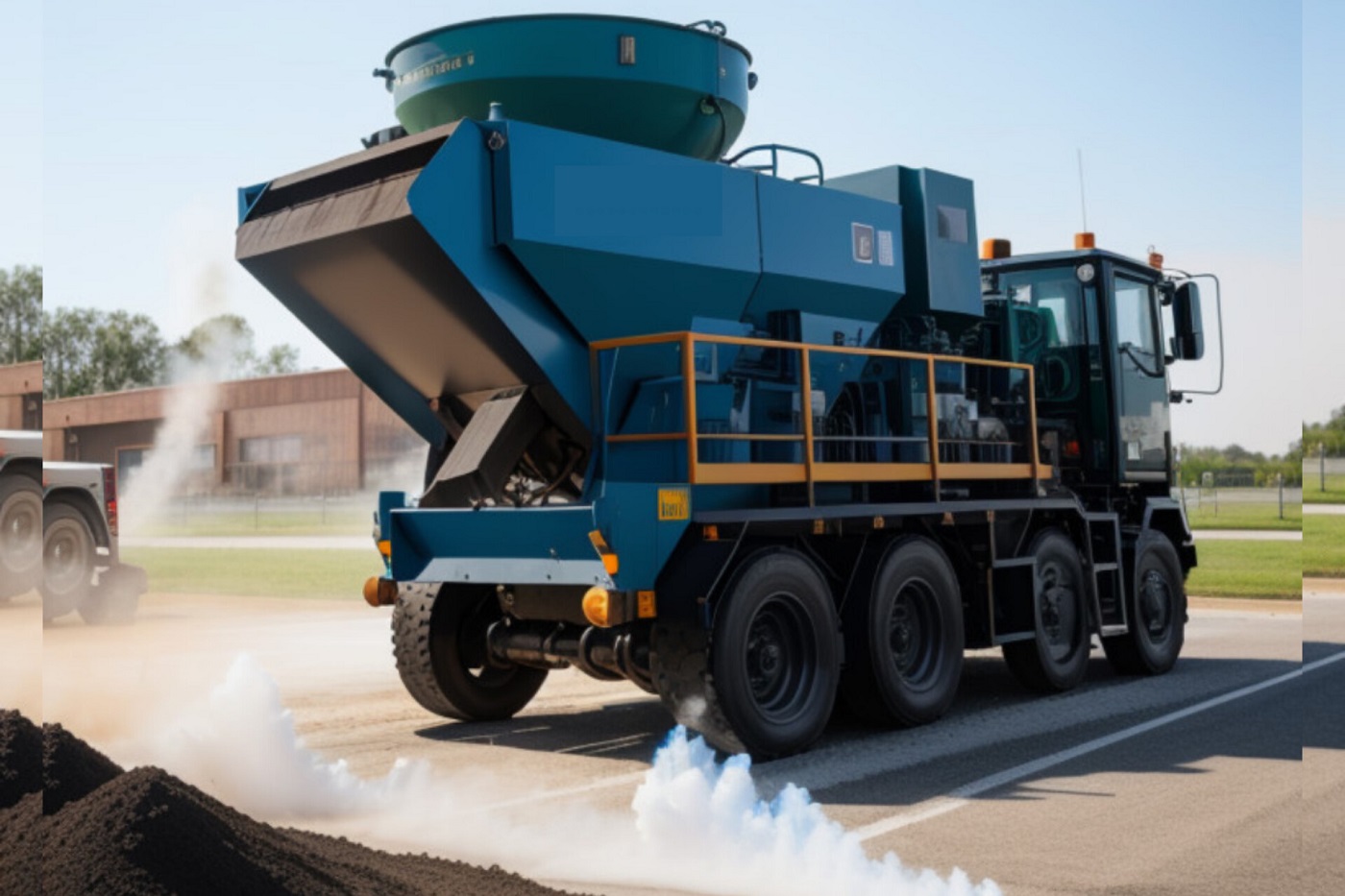In the pursuit of sustainable construction practices, the importance of recycling and reusing materials cannot be overstated. One such material that holds immense potential in sustainable construction is reclaimed asphalt. Reclaimed asphalt, often referred to as RAP, is the process of reusing and repurposing old asphalt pavement for new construction projects. This article delves into the power of reclaimed asphalt in sustainable construction and explores its benefits, applications, and the positive impact it has on the environment.
The Environmental Benefits of Reclaimed Asphalt
The use of reclaimed asphalt offers significant environmental benefits that contribute to sustainable construction. By reusing existing asphalt materials, the demand for new raw materials is reduced, conserving valuable natural resources. Additionally, the recycling process involved in producing reclaimed asphalt requires less energy compared to producing new asphalt, resulting in lower carbon emissions. Furthermore, the use of reclaimed asphalt helps reduce the amount of waste sent to landfills, promoting a circular economy and minimizing environmental impact.
Subheading 2: Reclaimed Asphalt Applications in Sustainable Construction
Reclaimed asphalt finds multiple applications in sustainable construction, making it a versatile and valuable resource. One common use is in road resurfacing, where the reclaimed material is blended with new asphalt to create a mix that meets performance requirements. This process not only reduces the need for new materials but also improves the overall sustainability of the road construction industry. Reclaimed asphalt can also be used in the construction of parking lots, driveways, and bike paths, providing a cost-effective and environmentally friendly alternative to traditional asphalt.
Challenges and Innovations in Reclaimed Asphalt Utilization
While the benefits of reclaimed asphalt are evident, there are challenges and ongoing innovations in its utilization. One challenge is ensuring the quality and consistency of the reclaimed material. To address this, advanced technologies and processes are being developed to enhance the screening, sorting, and blending of reclaimed asphalt. These innovations aim to produce a high-quality reclaimed asphalt product that meets industry standards and performance requirements. Additionally, ongoing research focuses on improving the long-term durability of reclaimed asphalt to ensure its longevity and reliability in construction projects.
Conclusion
Reclaimed asphalt is a powerful resource in sustainable construction, offering numerous environmental benefits and versatile applications. By reusing existing materials, the construction industry can reduce waste, conserve resources, and lower carbon emissions. Reclaimed asphalt finds applications in road resurfacing, parking lots, driveways, and bike paths, providing a cost-effective and eco-friendly alternative to traditional asphalt. Despite challenges, ongoing innovations continue to enhance the quality and performance of reclaimed asphalt, ensuring its long-term viability in sustainable construction practices.

Eco-Friendly Asphalt Solutions: Enhancing Sustainability
Road construction plays a vital role in infrastructure development, but it can also have a significant impact on the environment. As the world becomes increasingly




